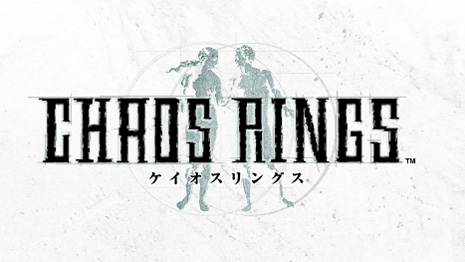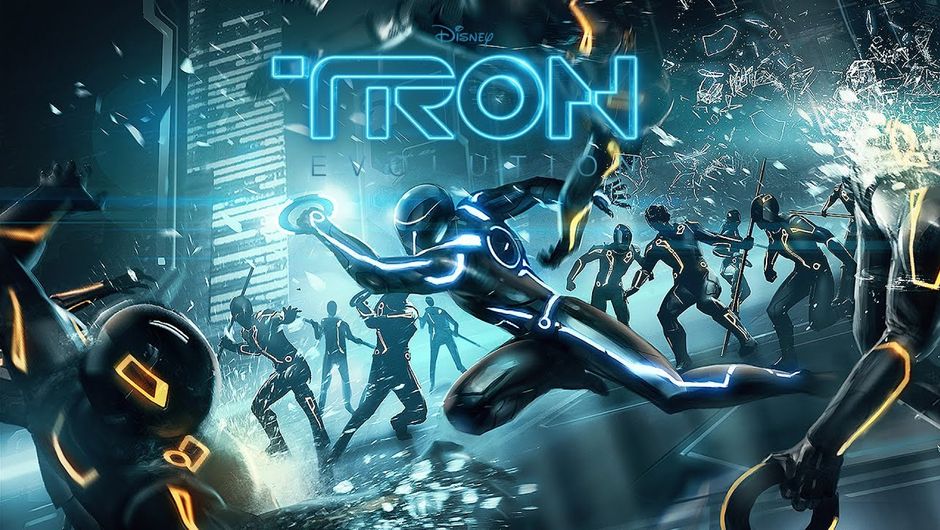Remember Me, I owe you an apology.
Terrifying as it is, we've now reached the point where I can cover the 10th anniversary of games I reviewed at launch on this very site. Sometimes, as with the case of Tomb Raider: Underworld, a decade of personal growth can give fresh perspective on narrative decisions that challenged my comprehension at the time. But when reconsidering 2013's Remember Me, perhaps it's not so much me that's changed as it is the world in which I experienced it.
Time & Place
To be clear, I have plenty of bones to pick with my younger self on this one. But, paradoxical though it may seem, I still stand by my original review—in principle, at least. It reads like spaghetti, but the frustrations it expresses are nonetheless an accurate representation of common attitudes at the time.
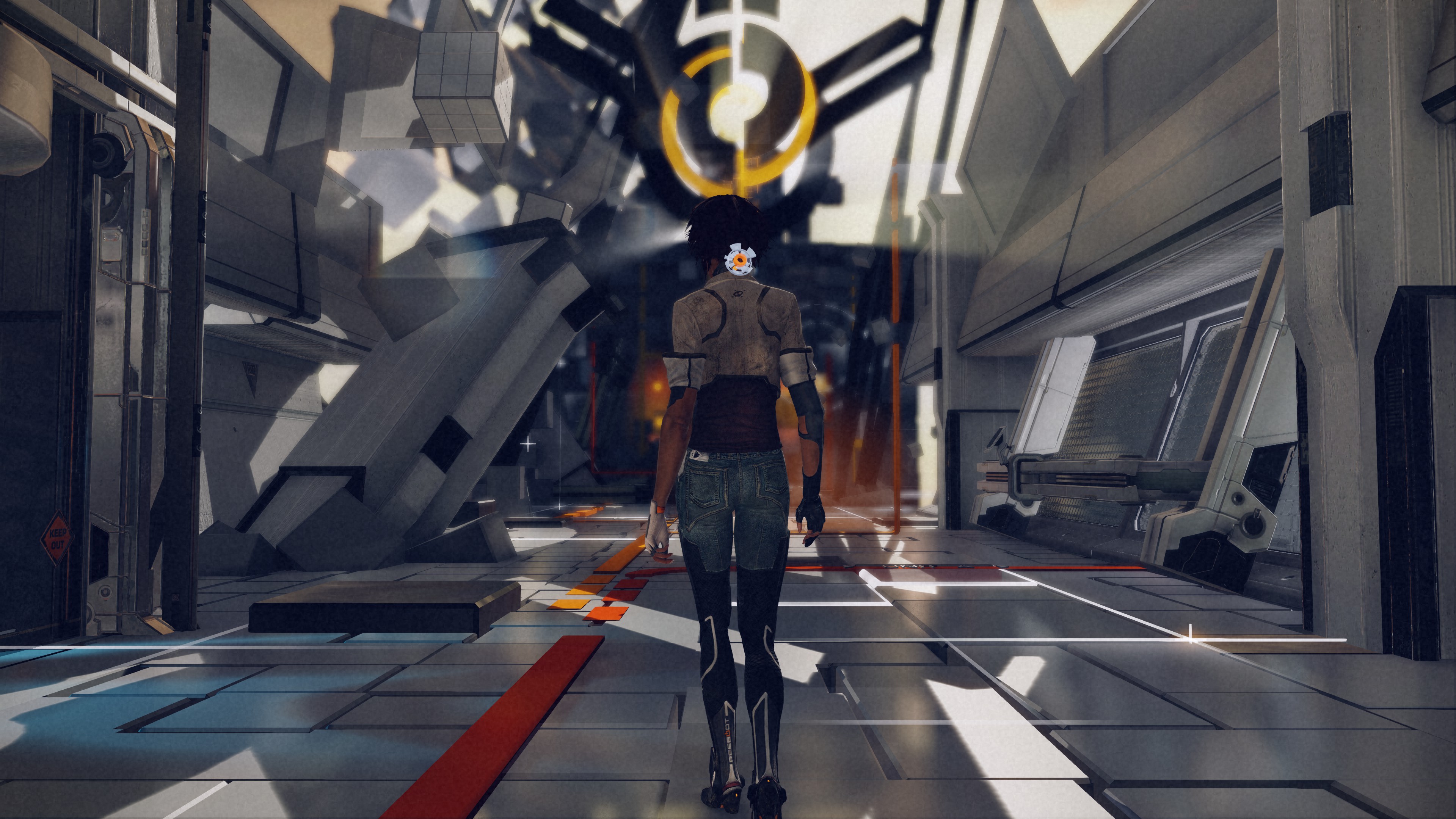
2013 was a tough year for new game releases. 7th-gen consoles had reached their 8th year on the market, and satisfaction was dwindling. It was becoming abundantly clear that players' appetites and developers' ambitions far exceeded the capabilities of the available hardware. Everyone was looking forward to a new generation while still being tethered to the past.
It was disappointing, then, to watch each new release promise a new experience only to wind up looking and feeling much the same. Moreover, western culture as a whole had grown jaded to the boundless optimism of previous decades. We were too accustomed to progress to appreciate what we had. It's only upon looking back a decade later that we find such shortcomings more easily forgiven. We might even marvel at how good we used to have it, and wonder why we ever forgot.
Human Connection
Memory is a funny thing. Even the word has a high-tech ring to it, these days. And yet, it has been with us throughout all human history. Indeed, not only has it been with us, but it is the fundamental building block upon which society, relationships, even personality exists.
We're all well-acquainted with the disastrous consequences when memory goes awry. Isn't it a little terrifying how easily birthdays and anniversaries, names and faces slip the mind? Meanwhile, all of us surely have something in our pasts we'd love to forget, but which stubbornly resurfaces with the slightest provocation.
What if we had the ability to control all that? What if an implanted device could store our memories for us, giving us perfect recall of anything we want while throwing out—or even altering—the rest? Of course, it wouldn't change reality. But if no one remembered it... would it even matter?
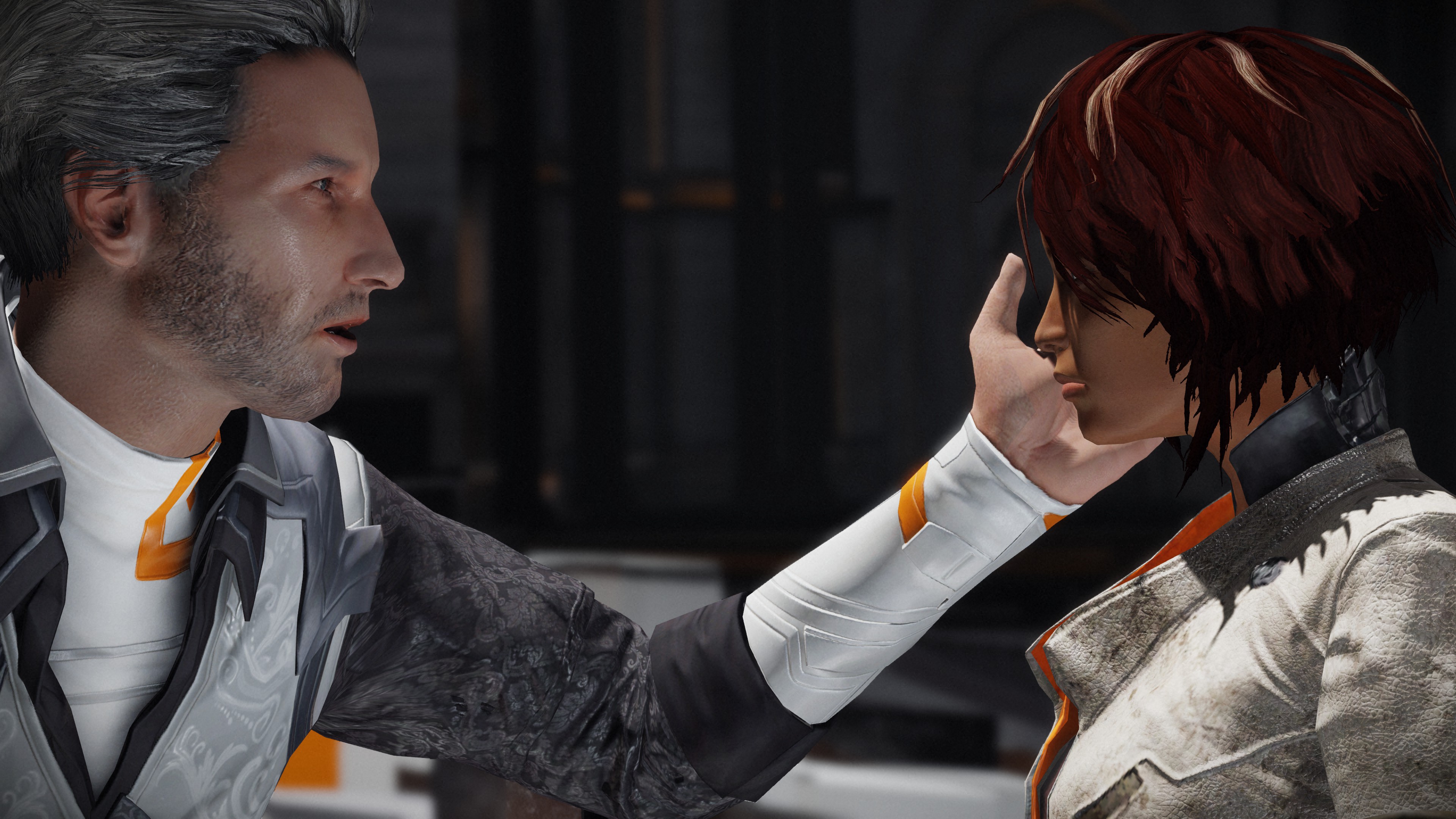
In today's truth-challenged, tech-addicted world, questions like these are more pertinent than ever. And while Remember Me often uses them to explore such deep concepts as telekinesis and invisibility cloaks, it never comes at the expense of more meaningful, human elements.
In my original review, I previously summarized Remember Me as "flawed, but good". Today, I'd like to revise that to "great, but missed opportunities". Looking past some unexplained sci-fi phenomena and ham-fisted symbolism, there's a genuinely unique and interesting world to explore here. Pacing around the most important story beats often lacks sufficient buildup and payoff, but at the core is a surprisingly heartfelt tale that easily stands the test of time.
And the presentation? Let's just say that's one area my opinion has changed.
Ego & Archetype
The story revolves around Nilin, a "memory hunter" in a sci-fi Neo-Paris where brain implants have granted humanity the gift of sharable—and deletable—memories. And unfortunately for her, that's exactly where she finds herself: memories deleted, holed up in a prison for a crime she doesn't even remember committing. Thankfully, her old connections haven't forgotten, and it isn't long before they start reappearing. First, to spring her out, then to reintroduce her to her former freedom-fighting ways. Nilin is special, you see: not only does she possess the talent to steal people's memories, but also to "remix" them. By altering the right people's pasts—or rather, their perception of them—she can rewrite the structure of society, Inception style.
It may come off as cliché, but the genius of Remember Me's plot is that, as a new player, you are equally unacquainted with Nilin's past and therefore suffer "amnesia" right along with her. Like a child, the world may seem simple at first, but stick with it, and you'll find the rabbit hole goes deeper than you'd ever expect. Why are you fighting for justice, and what makes you believe your companions' version of it is right? Who are the people whose lives you're tampering with, and what were your connections to them in the past?
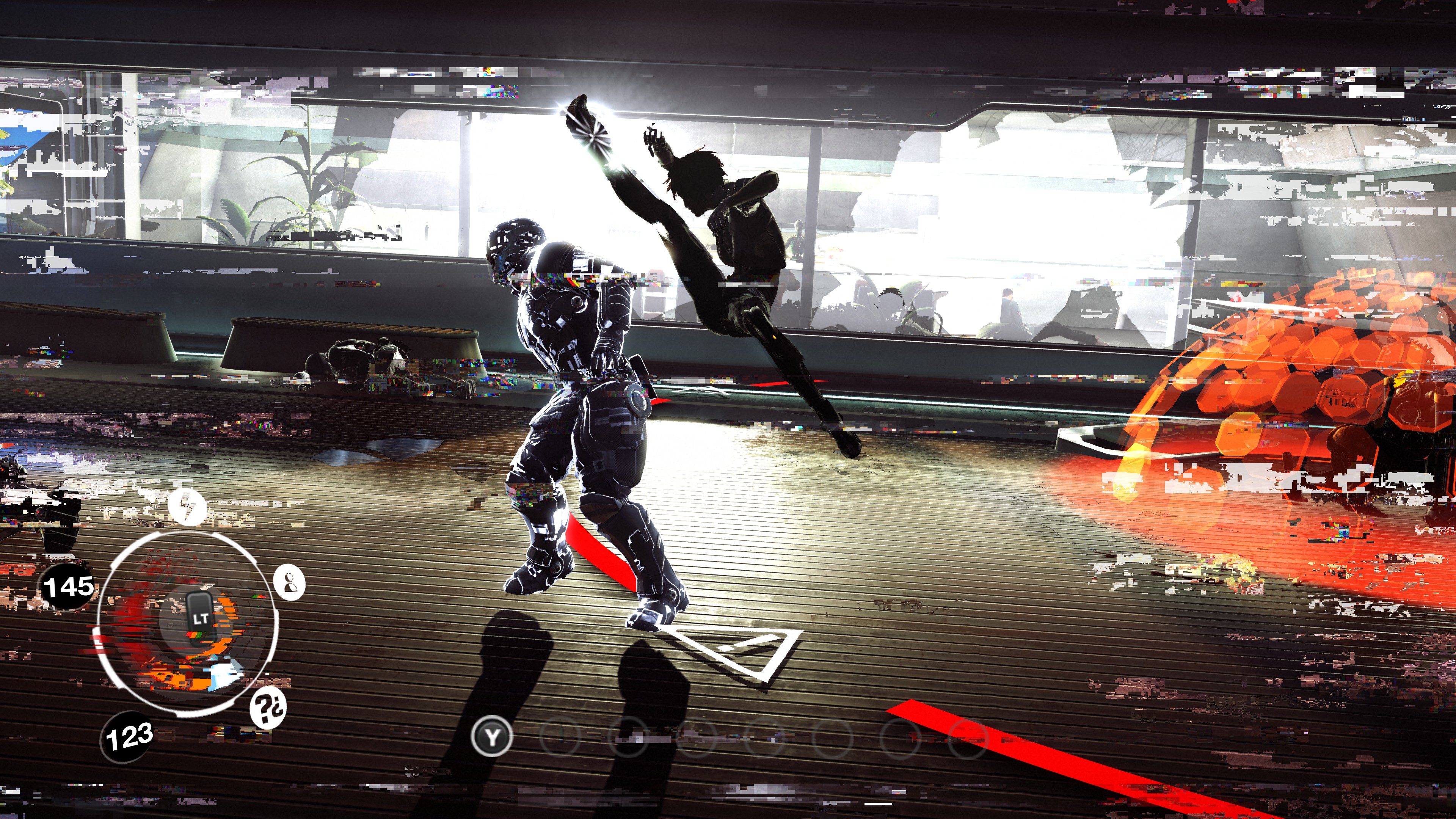
Each chapter of Nilin's journey presents a new target character, most being larger-than-life charicatures of people whose real-world analogues you may recognize. (I swear this game even predicted the rise of Joe Rogan as a talk show personality.) I must admit, in my original playthrough, I found it difficult to take many of these characters seriously due to how over-the-top and out-of-place they can be. Yet, skip forward a decade, and the real world has seen such extreme figures that Remember Me's secondary cast suddenly feels much more believable. But even more so, I simply have a greater appreciation for what the creators were trying to achieve with these archetypes in the first place. Ultimately, Nilin's journey isn't about defeating them, but about confronting the parts of herself they represent. Each character ties into her past somehow—the very past she's trying to piece together to re-learn who she really is.
Interestingly enough, this approach to character development harkens back yet another decade to early 2000s action movies. Within this genre, the protagonists' foils were always meant to be more iconic than complex. Simplifying psychological challenges into easily-identifiable foes makes it easier to bring an audience along with the growth of a single, central character. And to that end, Nilin plays the part beautifully. She's cool, capable, and driven, but her choices are not without consequences or regret. She frequently expresses vulnerability about her circumstances. The expansion of her personality with each recovered memory is tangible, and each new antagonist—including both friend and foe—suitably propels her along the next step of that journey.
In a sense, it's all fairly basic. But there's a certain purity to Remember Me's straightforward storytelling that's refreshing in 2023. Indeed, it almost feels like a capstone on a genre of cinematic action that has essentially died off in western art—a genre whose absence is sorely felt in the sea of algorithm-based entertainment we find ourselves drowning in today.
Sight & Sound
And of course, all that is to say nothing of the production values on display. Yes, the occasional pre-rendered characters appear stiff and robotic at times. Yes, polygon counts sometimes disappoint, even by 7th-gen standards. But as I'm no longer expecting a 10 year-old game to be a next-gen experience, these shortcomings are honestly so minor as to be negligible. And what Remember Me does have is nothing short of a feast for the senses.
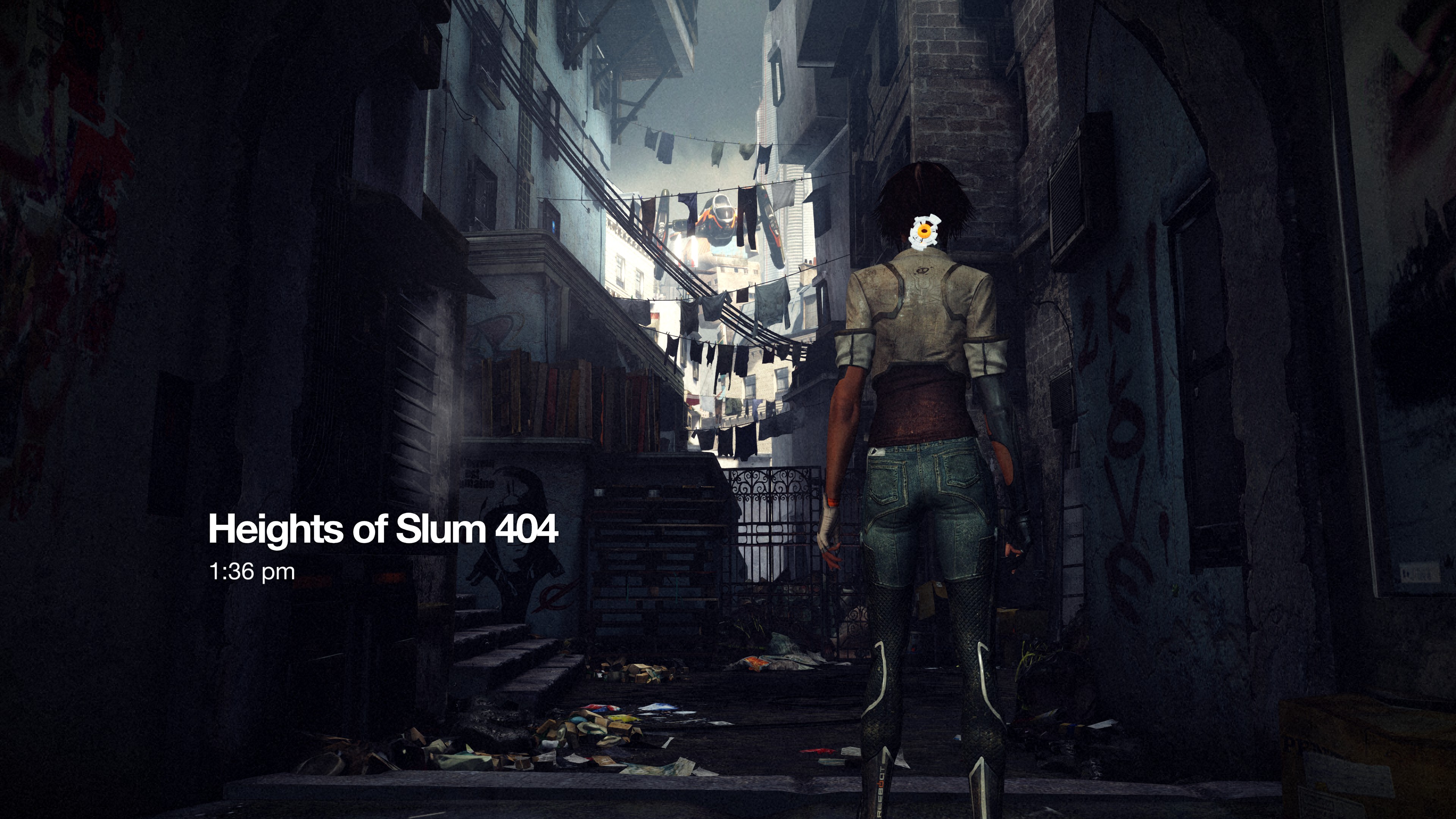
The game was built using a modified Unreal Engine 3, boasting early implementations of 8th-gen technologies such as global illumination and physically-based material rendering. Other confines of the engine still applied, of course (character shadowing in particular looks especially bad), but it's impressive what the developers achieved on the aging PlayStation 3 and Xbox 360. But it's on a PC where Remember Me really shines. I was getting over 500 FPS at 4K, max settings on a mid-range RTX 3060ti, and the artwork looked simply incredible—like it was just waiting to be experienced this way all along. Not everything held up equally well, of course, but the assets that did more than made up for those that didn't.
Then there's the audio, which deserves equal attention. Frankly, I don't know what I was thinking in my original judgment, here. It's incredible. Nearly every character is voice acted with pitch-perfect nuance and emotion. Several characters even have speech quirks which would've demanded careful voice direction to get right, but somehow, they did it.
I'm also not sure how I managed to forget the game's soundtrack, given how memorable it is. Plenty of similar action games and movies have gotten by with filler orchestra and choir, but not Remember Me. Its use of synths and glitched elements is instantly iconic without being unpleasant, while its sweeping strings and bombastic brass would feel at home in any summer blockbuster. The main theme's motif is surprisingly flexible and makes its appearance in tracks of many different moods and atmospheres. By the game's end, those few notes evoked so many different emotions in me, I knew I'd just bore witness to a truly special experience.
Past & Future
The first time I finished Remember Me, it was with a sigh and expectation that I'd probably never touch it again. After replaying it for its 10th anniversary, my only regret is that I didn't give it a second chance much sooner. It's an unfortunate case of the right game released at the wrong time, and yet, had it been made in any other context, I'm not sure it would've been the same. Remember Me shines brightest because it hails from the past—a past easily forgotten in the rush of current world events, but a past we'd do well to stop and remember for the lessons it holds for us today.
I know one thing's for certain: I won't be making the same mistake again. I'll be sure to remember this one soon.





